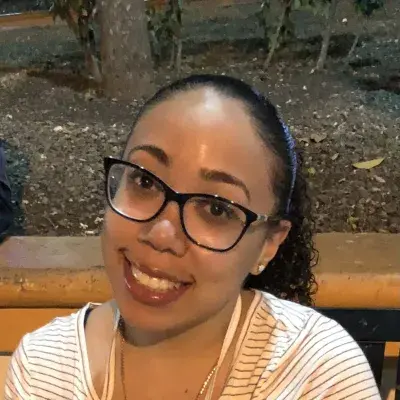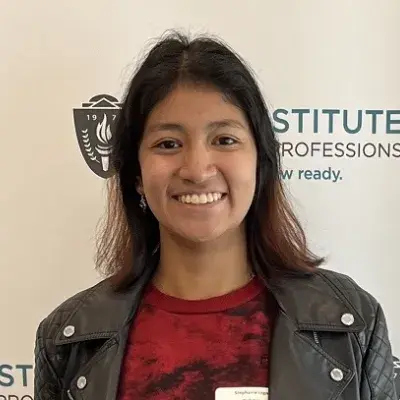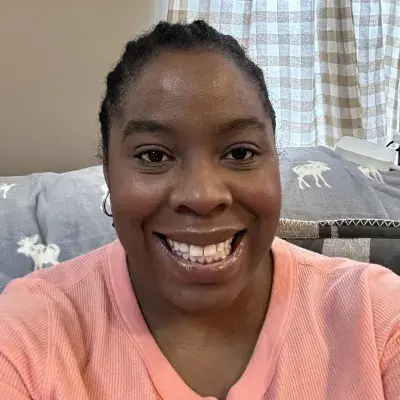Study habits may be different than during your previous degree(s). Study a little each day, and do not try to write everything down in lecture.
Use Learning Objectives, offered in every course, to review the expectations regarding content in the course and prepare for class. Learning Objectives are the starting point for organizing information from multiple sources, and helps alleviate the fear of missing something. They can be used as a self-assessment tool for prioritizing and organizing study materials for exams.
Research shows that taking notes the old-fashioned way (paper and pen) works best.
After the Lecture -
Take a short stretch/snack/fresh-air brake, then...
- Spend 15 to 30 minutes reviewing the lecture, ideally done with one or two others
- Things the faculty stressed
- Things you do not understand
- Bold/underlined/highlight topics
Concept Map Template 1 (.docx) | Concept Map Template 2 (PDF)
The Study Cycle
How to Remember (almost) Anything
Test Taking Anxiety (PDF)
Test Taking Strategies (PDF)
Effective Note Taking (PDF)
Active Learning (PDF)
Learning Objectives (PDF)








